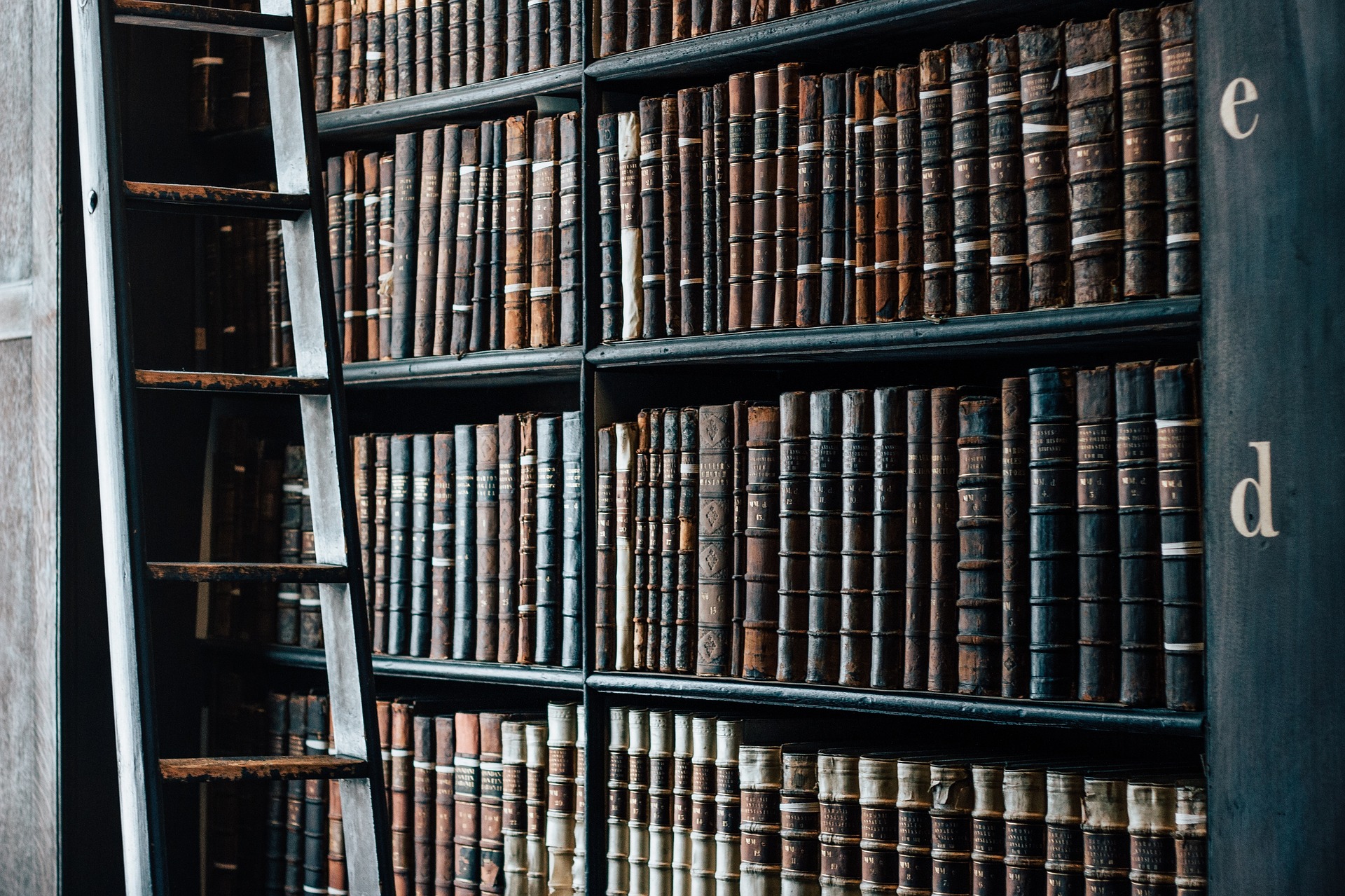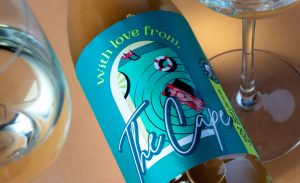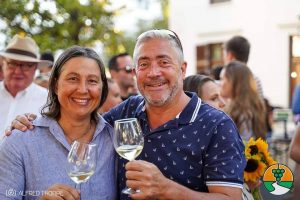At the end of last year the Collins Dictionary announced that their word of the year for 2020 is Lockdown. No surprises there then! Words and language are inherently the most distinctive elements that both separate and bind us together as human beings and they are always a reflection of our current and past state. The COVID-19 experience has often been described as BC and AC: Before COVID-19 and After COVID-19. For sure our world has changed and to Zoom is now so much part of vernacular for many of us that its original meaning of ‘to travel quickly’ or ‘to change the camera shot from a long shot to a close up view’ has been completely dominated by our current experiences. This process of language evolution is as old as language itself.
A wonderful example of this is the word orange. The name for the colour orange didn’t exist until the fruit itself arrived in Europe some time during the 13th century following the expansion of trade between the West and East. The Sanskrit word “naranga” (itself a derivative of an older Dravidian word), morphed from Persian to Arabic to become “naranj” and from there into French. It seems that the phrase “une norange” in old French became “une orange” in French as listeners to the phrase assumed that the “une” referred to one orange, not “an orange”. The first recorded use of the word orange in English to denote the colour, not the fruit, was only in 1512. It took around 200 years for the item to become the colour. All rather curious especially when one considers that in some Germanic language oranges are called “apples from China”.
Applying this knowledge to wine brings surprising results, especially when wineries and wine brands try and differentiate between their different tiers of wines – usually differentiated by price and production methods. There are a number of conventions that are often attempted to be applied in the wine world. Some wine brands use vineyards to denote quality – for example Single Vineyard, used to identify a higher quality than other vineyards. Sometimes a tiering system such as Reserve, Reserva, or Family Reserve is used to denote quality and therefore price differential. This can be confusing as in many countries including South Africa the term Reserve has no legal standing or definition. In Spain and in Rioja in particular, the terms Reserva and Gran Reserva have legal standing – in these instances they denote 3 and 5 years aging with oak aging regimens also denoted by law. In South Africa, it is only MCC and Certified Heritage Vineyards which have legal standings. All other denominations are only bound by Wine of Origin or International agreements where terms such as Burgundy, Rhone, and Bordeaux are protected and may not be used on a label, but confusingly are often used to describe a style of wine.
So how do we differentiate our wines and why do we use the terms and language that we do? Being different as ever, at Rascallion we use cultural references as the inspiration for our wine ranges, giving each range a distinctive personality and character.
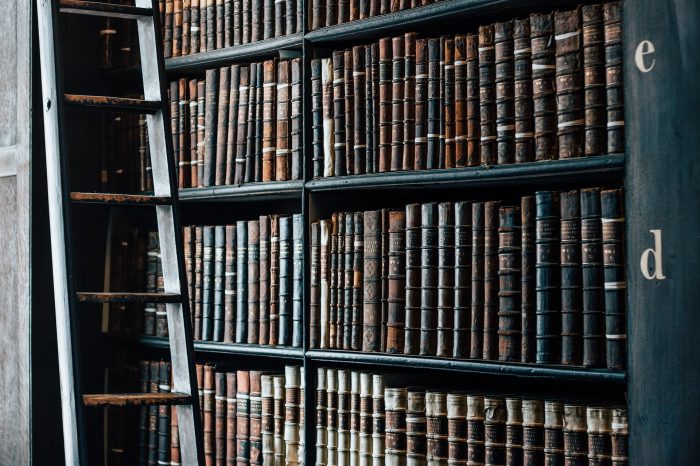
The Word Collection takes inspiration from our love of literature, but most especially, from our love of languages. I have lived and worked in a number of different countries around the world, all the while picking up smatterings of languages as diverse as Swiss German, Hebrew and Swahili. Having fun with language is as much a part of human nature as enjoying wine in the company of good friends, no matter which language is being spoken.
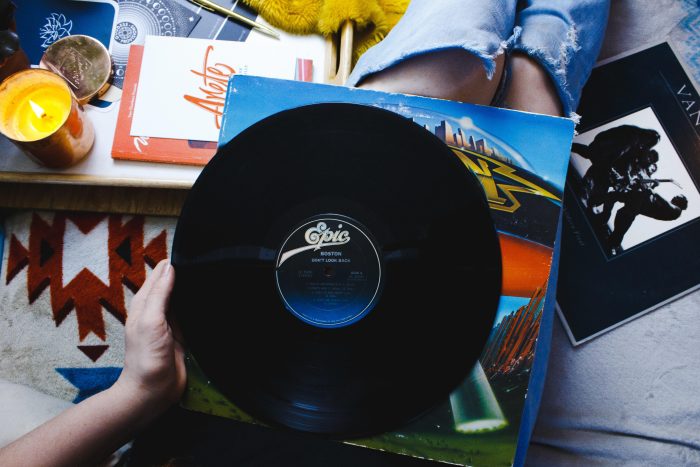
The Vinyl Collection evokes the nostalgia of playing music on vinyl records which somehow have a richer and more resonant sound than digital music. Listening to my parents’ records when growing up, gave me an appreciation of the joy that music brings. In this regard, the objective is to have wines that resonate which is achieved by creating interesting and unusual blends that bring joy to those that drink them.
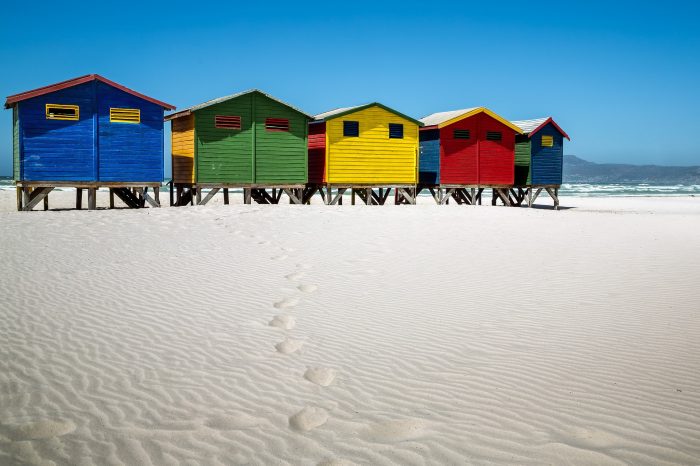
The With Love from the Cape Collection is quite simply a love letter from the Cape Winelands with its rich array of people, vineyards, mountains and of course the oceans that wash the shores of the most beautiful Cape in the world.
As we look back on what was a tumultuous year, we can reflect on how our wines have continued to reach people around the globe. We now sell our wines in the Caribbean, Canada, the USA, Japan and China, Kenya, the UAE, and the UK and Europe.
In South Africa you can buy our wines online (and we’ll deliver as soon as the current ban on alcohol sales is over) including some of our recently awarded wines from Tim Atkin’s South Africa Wine Report 2020, and the Platter Wine Guide 2021.
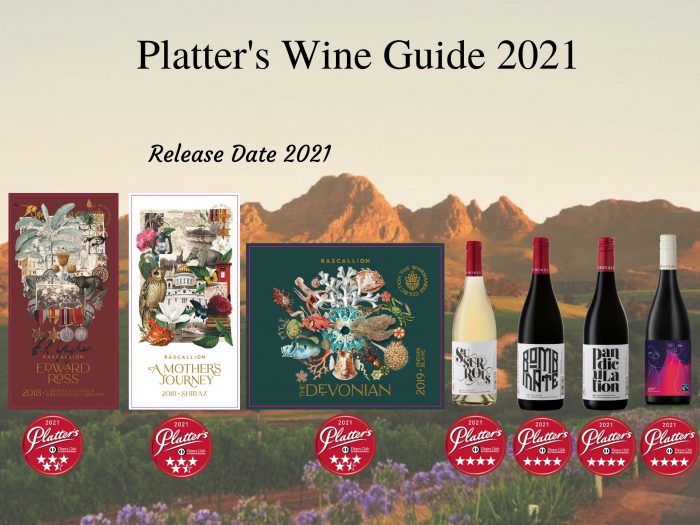
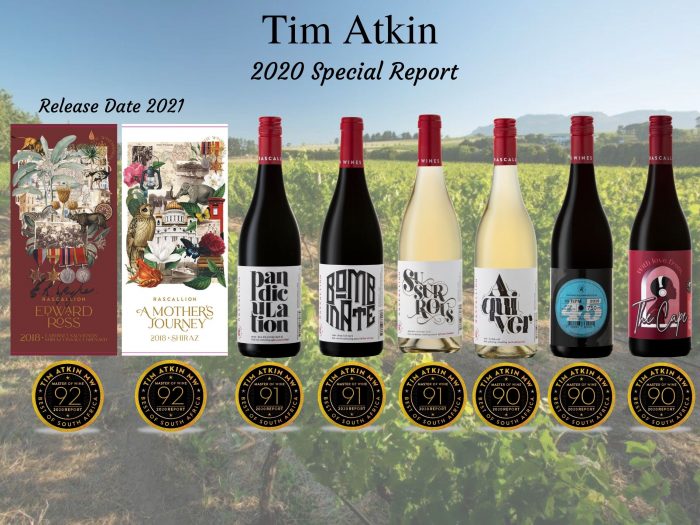
We hope that you continue to enjoy all our wines no matter where you find your inspiration and enjoyment!
Love,
The Rascal and the Rascallion team
